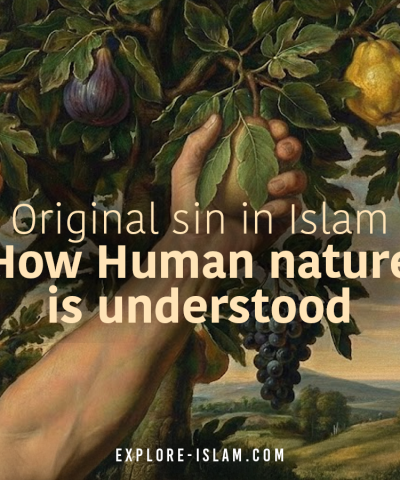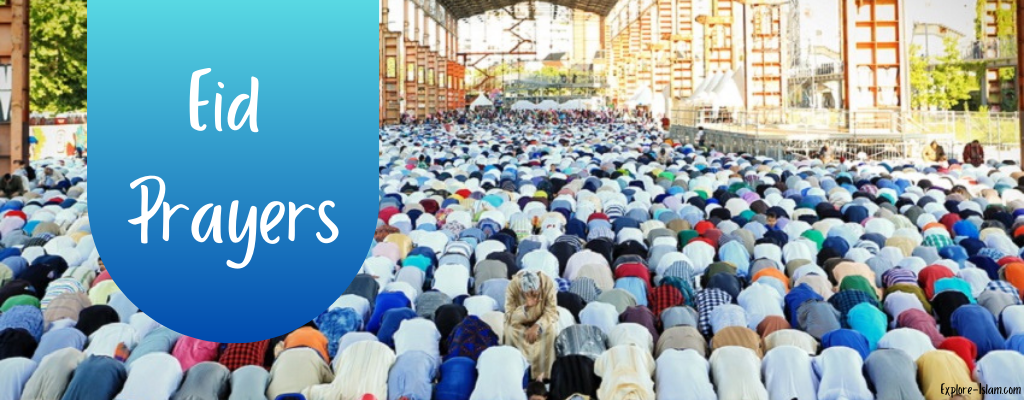
Islam rejects original sin, teaching that everyone is born pure and only responsible for their own actions.
Continue Reading
Islam confirms guardian angels exist to protect and record deeds, but they only obey Allah and cannot be prayed to.
Continue Reading
Performing Eid prayer in open spaces and streets is a confirmed Sunnah, not a power parade. It is just a performance of an Islamic ritual and a sign of obedience and gratitude to Allah. Explore how to perform Eid prayer correctly, and the wisdom behind this unique act of worship.
Continue Reading
Looking for the perfect way to say Eid Mubarak Wishes? This article explains the Islamic ruling on sending Eid greetings and provides a variety of ways Muslims wish each other a happy Eid. It also highlights the social and spiritual beauty of Eid, showing how these greetings reflect the values of Islam.
Continue Reading
Understanding the benefits of Eid ul-Fitr reveals the uniqueness of the comprehensive aspect of Islam and how this event strengthens faith, nurtures gratitude, and promotes social harmony.
Continue Reading
Eid comes from the Arabic root ‘āda, meaning “to return,” reflecting its recurring nature as a special, divinely prescribed occasion. Eid is not just any festival; it is a sacred day of worship, love, and lawful happiness, completely different from man-made celebrations often focused on materialism. Explore what is eid meaning and concept in Islam now!
Continue Reading
Ang artikulong ito ay isang buong gabay para sa sinumang kailangang malaman ang tungkol sa Eid Al-Fitr. Tatalakayin natin ang kahulugan, kasaysayan, pagdiriwang at panalangin ng Eid Al-Fitr. Bukod dito, ipapakita natin ang kagandahan ng Eid Al-Fitr at ang banal na karunungan nito.
Continue Reading
Эта статья – полное руководство для тех, кто хочет узнать об Иде Аль-Фитр. Мы обсудим значение, историю, церемонию и намаз Ида Аль-Фитр. Кроме того, мы покажем красоту Ида Аль-Фитр и его божественную мудрость.
Continue Reading
Discover how to celebrate Eid in 2026 with our complete guide for every situation. From Eid al-Fitr and Eid al-Adha traditions to celebrating at home, work, preschool, or even alone, learn practical tips, festive activities, and meaningful ways to honor this special Islamic holiday.
Continue Reading
We will discuss Eid Al-Fitr’s meaning, history, celebrations and prayer as well. We will highlight the most important features of the day of Eid Al-Fitr in the Muslim world.
Continue Reading
This article explores the Islamic perspective on Christmas, the birth of Prophet Jesus, and whether Muslims can participate in celebrations.
Continue Reading
This guide covers Qiyam al-Layl, including its importance, the Prophet’s method of performance, and the best times for it.
Continue Reading